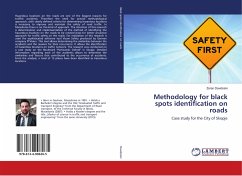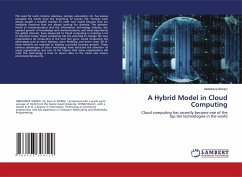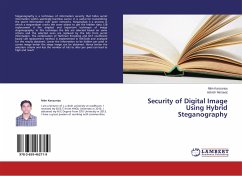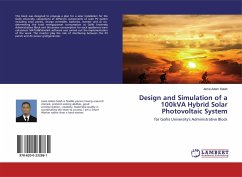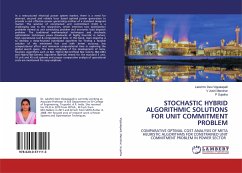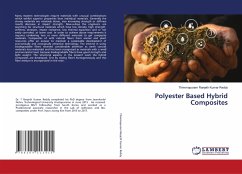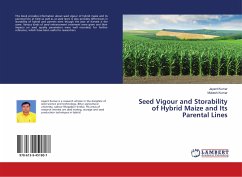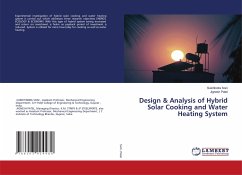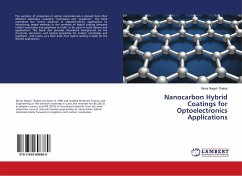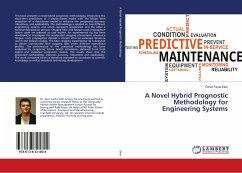
A Novel Hybrid Prognostic Methodology for Engineering Systems
Versandkostenfrei!
Versandfertig in 6-10 Tagen
43,99 €
inkl. MwSt.

PAYBACK Punkte
22 °P sammeln!
This book presents a novel hybrid prognostic methodology, integrating the short-term predictions of a physics-based model with the longer term projection of a data-driven model to enhance the prognostic accuracy, robustness, and applicability. The methodology is applied on two different engineering systems, one which represents accelerated, and the other a nominal degradation process. Clogged filter and fatigue crack propagation failure cases are selected as case studies. An experimental rig has been developed to investigate the accelerated clogging phenomena whereas a fatigue crack propagatio...
This book presents a novel hybrid prognostic methodology, integrating the short-term predictions of a physics-based model with the longer term projection of a data-driven model to enhance the prognostic accuracy, robustness, and applicability. The methodology is applied on two different engineering systems, one which represents accelerated, and the other a nominal degradation process. Clogged filter and fatigue crack propagation failure cases are selected as case studies. An experimental rig has been developed to investigate the accelerated clogging phenomena whereas a fatigue crack propagation dataset is chosen after an extensive literature search and dataset analysis. The filter clogging experimental rig is designed to obtain reproducible filter clogging data under different operational profiles. The performance of the presented methodology has been evaluated by comparing future health estimations obtained from both hybrid and individual prognostic models. The results show thatthe presented methodology improves accuracy, robustness and applicability. The work contained herein is therefore expected to contribute to scientific knowledge as well as industrial technology development




